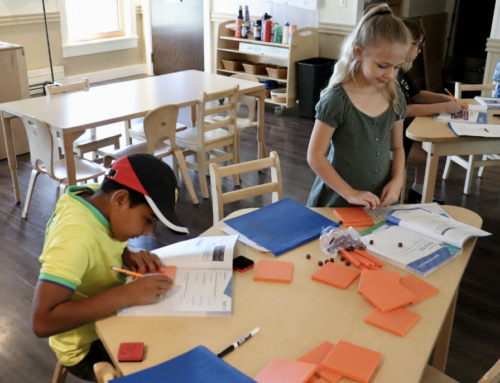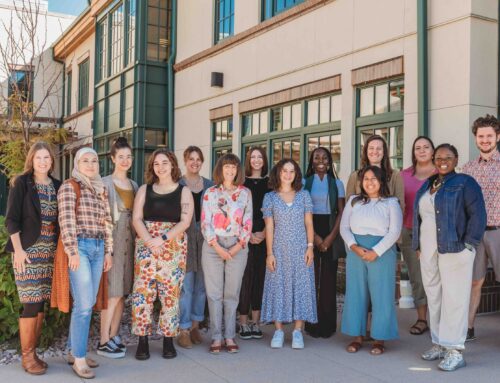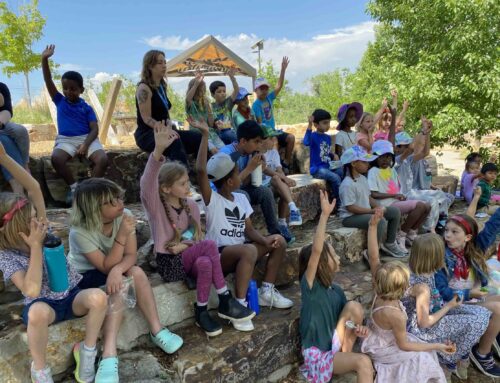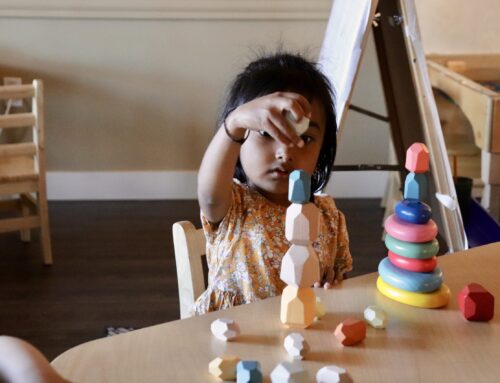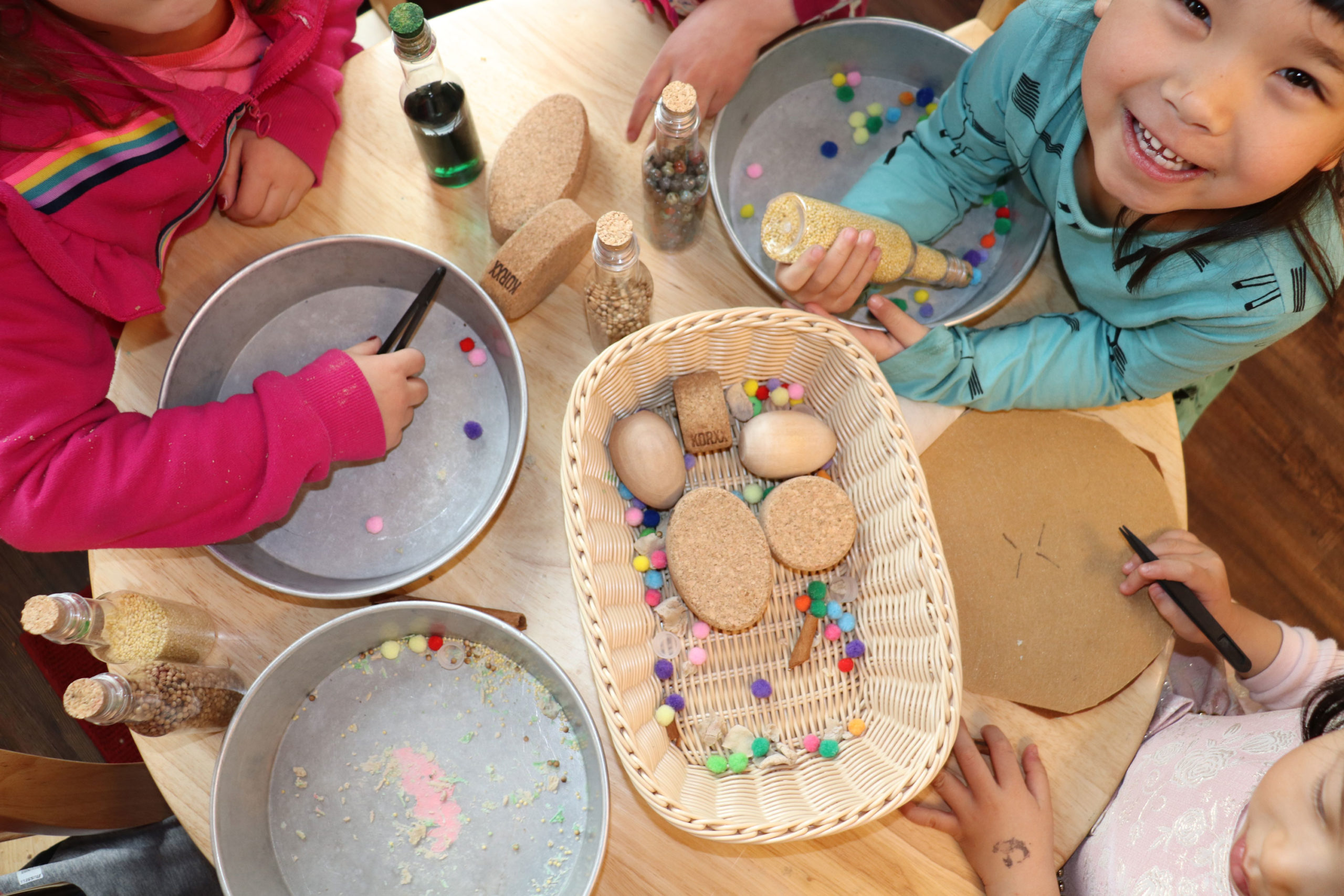
Hello everyone!
It’s hard to believe we are coming up on the end of January – we’ve been back at school for almost a month now, and kids are loving exploring their new space! It is so fun to finally be in our building and figuring out how our students use the space.
Because I have a fairly long commute, I listen to a lot of podcasts, and I recently heard an oldie but goodie – a Ted Talk by Sir Ken Robinson from 2007. The title of the talk is “Do Schools Kill Creativity?” Though the talk is over ten years old, it still resonates. In fact, it rings even more true in many ways.
Robinson begins the talk saying that students who are starting school today will be retiring in 2065 (for reference, students starting kindergarten in 2020 will retire (assuming 65 is typical retiring age, which it likely will not be – see my last blog) in 2080). Either way, the reality is that we have no idea what the world will look like in five years, let alone 60 years. And yet we are trying our best to educate our students to live in this world productively.
Robinson goes on to talk about the amazing capacity of children to be innovative. He says, “All kids have tremendous talents, and we squander them, pretty ruthlessly.” The argument is that children arrive at school filled with creativity and a willingness to put themselves out there. So much of traditional education, however, sends the message that it’s not okay to be wrong, and so children become apprehensive about going out on a limb. But the only way that we ever come up with anything new is by being willing to be wrong.
He continues with this line of reasoning, avowing that “creativity is as important as literacy, and we should treat it with the same status.” As we know, this is unfortunately not the case in most schools. Because schools have to make sure that their students are passing literacy and math tests, they often focus on skill and drill. Simultaneously, schools often forego arts programs so that there is more time for more traditional academic programs.
Robinson argues, and I agree, that this is woefully misguided. An education system focused only on traditional academic subjects may have worked in the industrial age, but our rapidly-changing society needs innovators who can think creatively. As Robinson says, we are doing a disservice to the millions of “talented, brilliant people [who] think they are not” when we don’t allow them to explore their areas of interest.
In other words, we need to radically rethink how we view intelligence in two major ways. First, we need to remember that intelligence is diverse. One student may have a knack for counting and sorting while another mixes colors with abandon and has an eye for design. One may move intuitively when music plays while another revels in minutiae about underwater creatures. It’s our job as educators to recognize these different intelligences and nurture our students to explore these areas.
Compositive Primary’s name comes from this idea – we believe our students are made of many parts (and have multiple intelligences), and we believe that a strengths-based approach allows us to help students discover and develop these intelligences. This is not to say that we ignore more traditionally valued skills. Rather, development of these skills is enhanced when approached through areas of interest and excitement. Robinson ends this talk saying that our task is to “educate the whole being.” That is certainly what we are all about.
I highly recommend this talk – Robinson is an excellent speaker and quite amusing!

